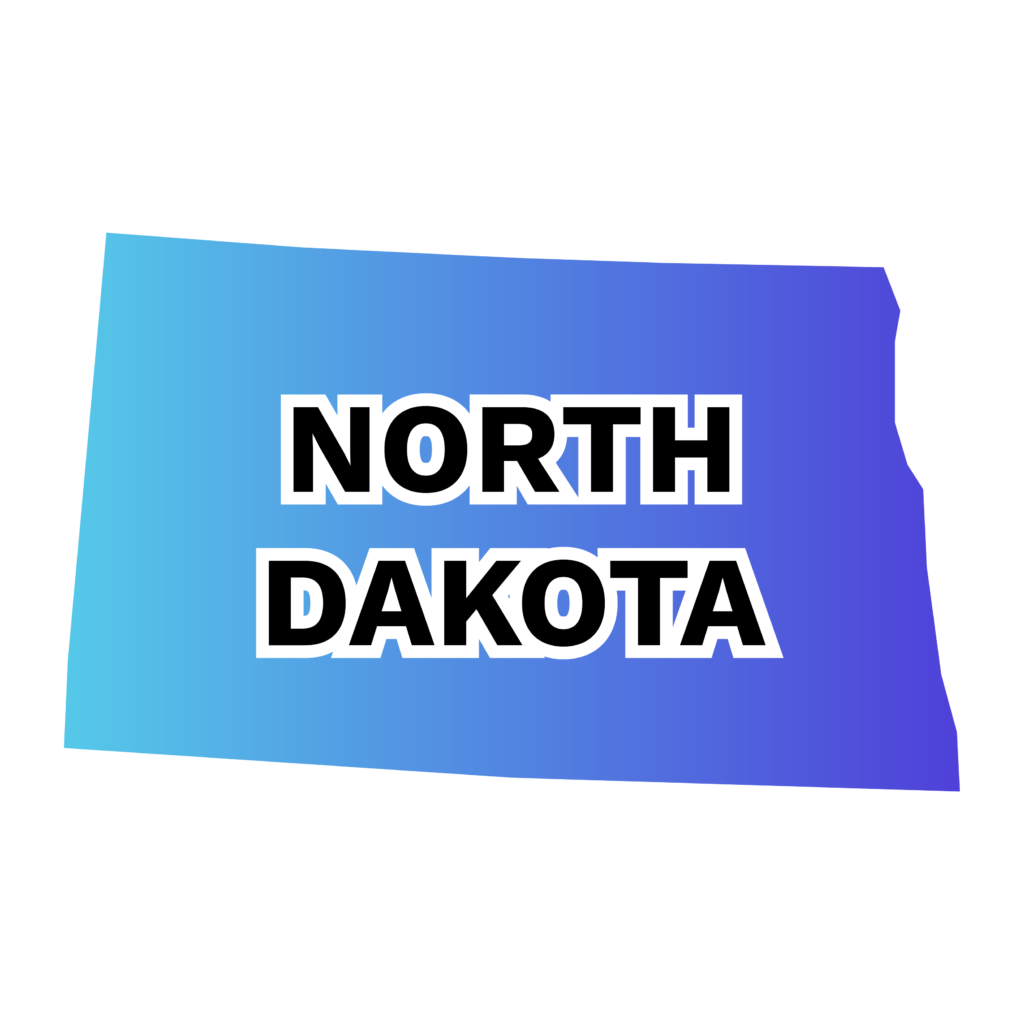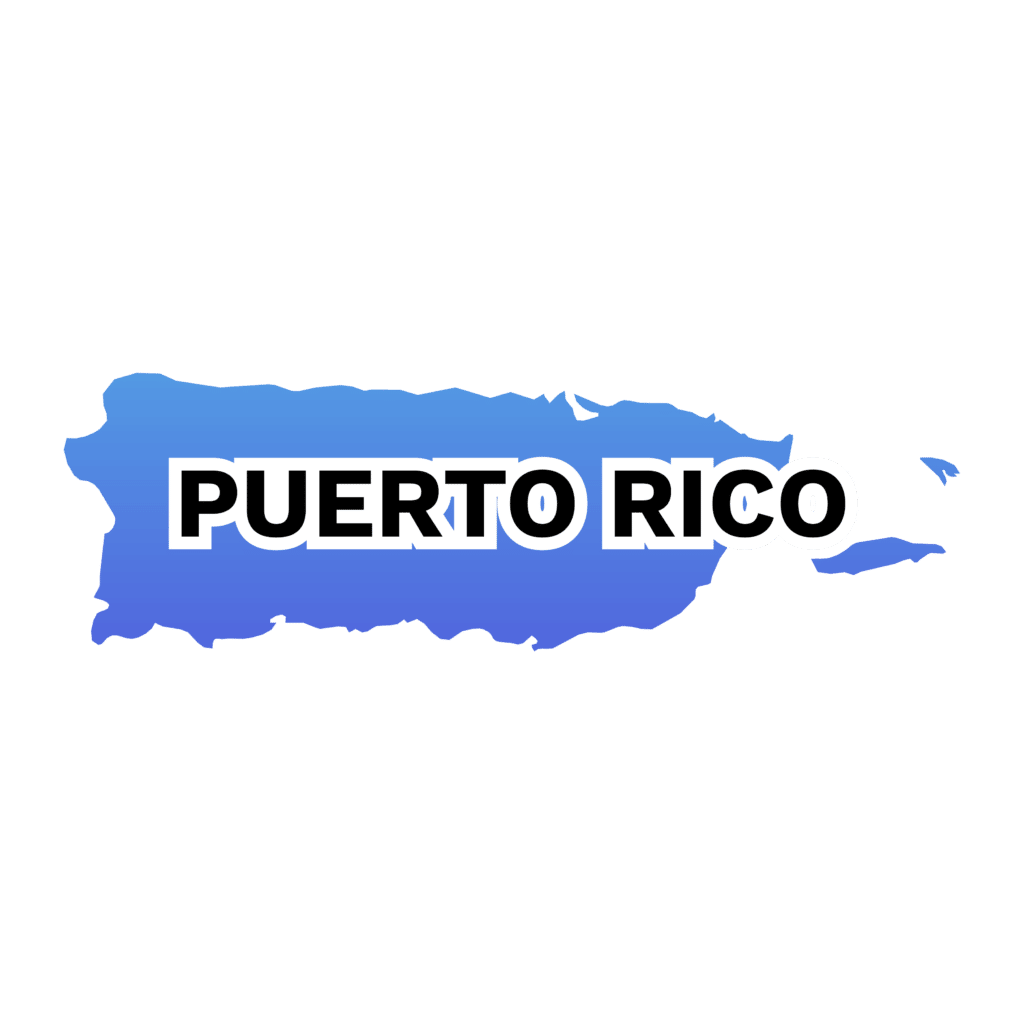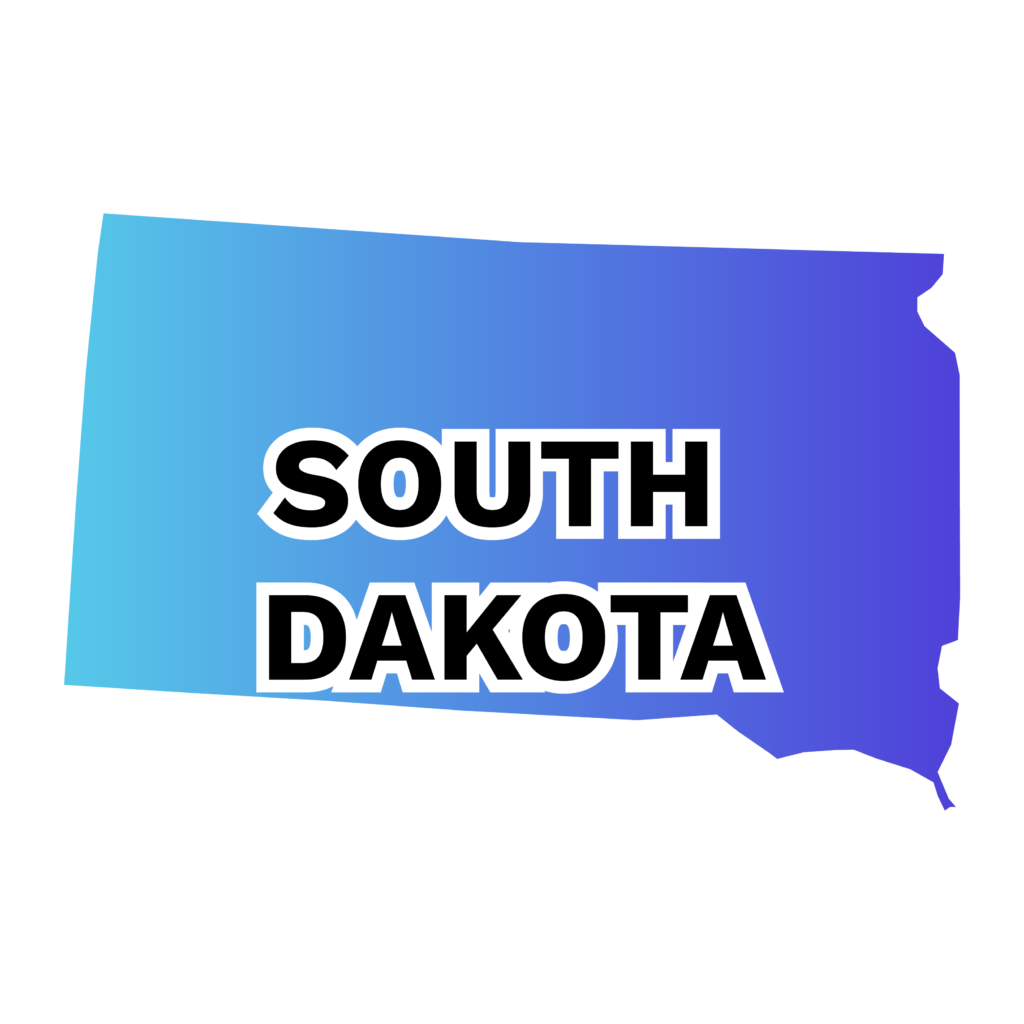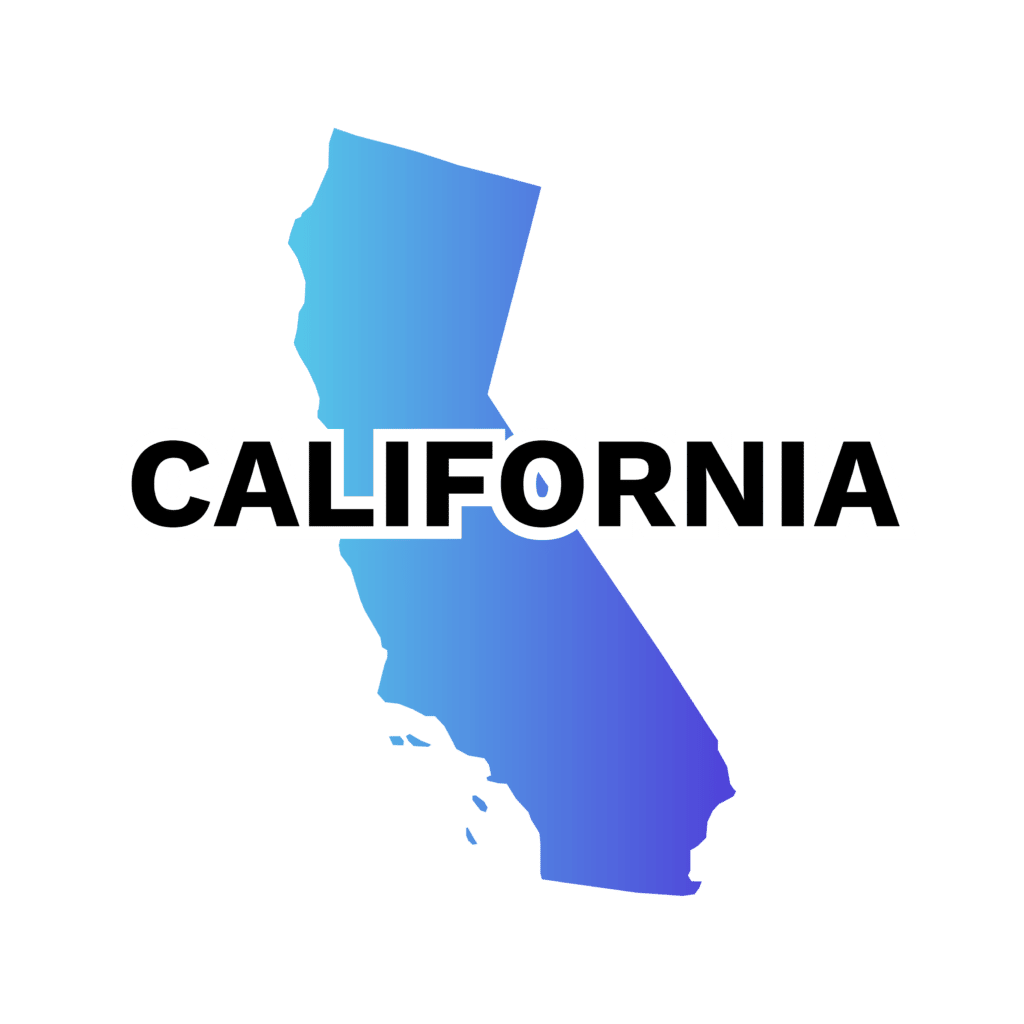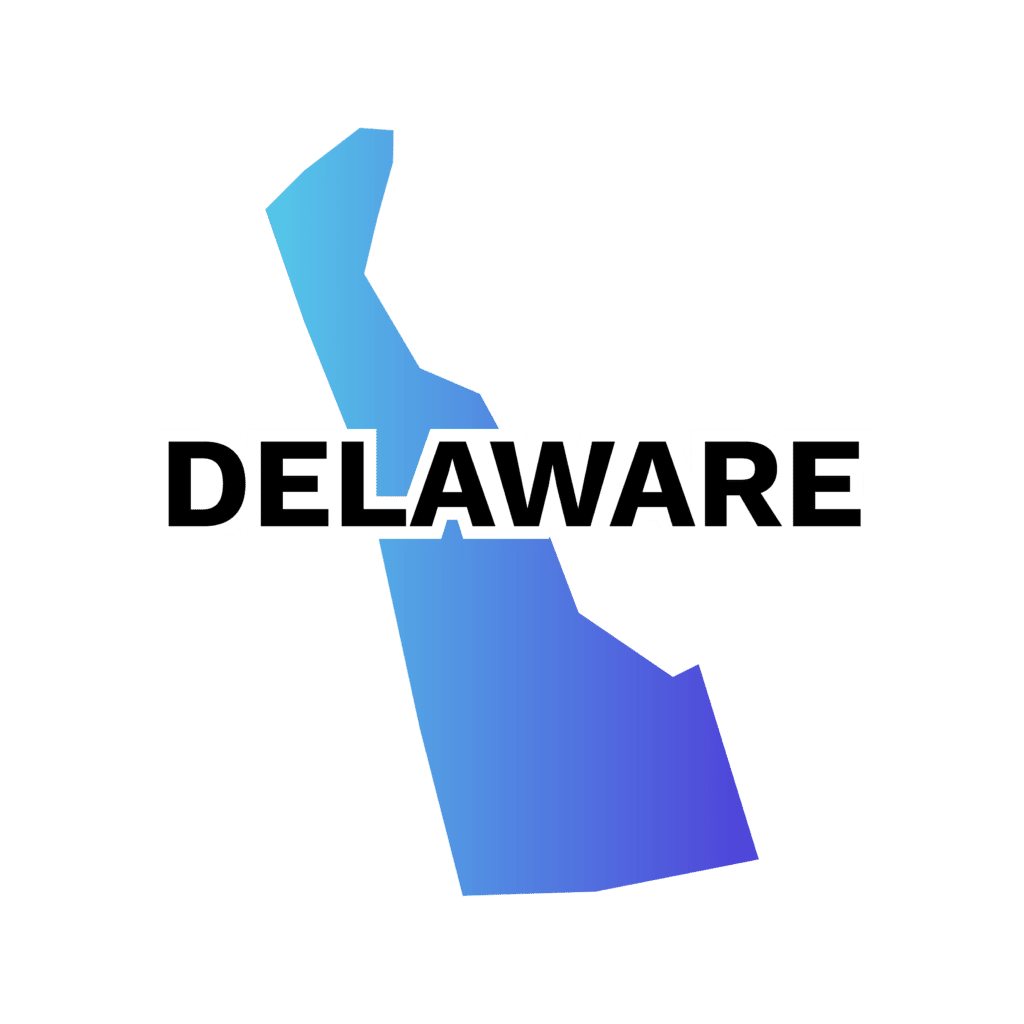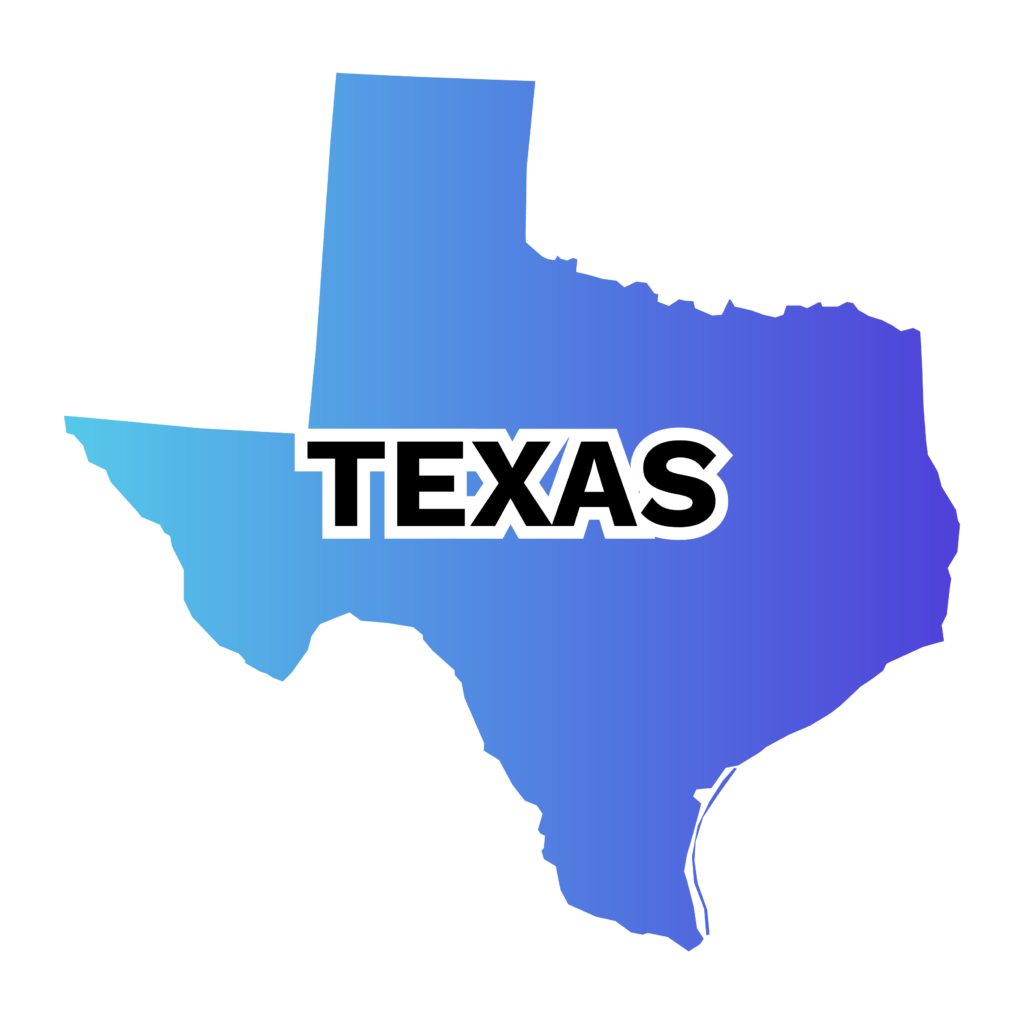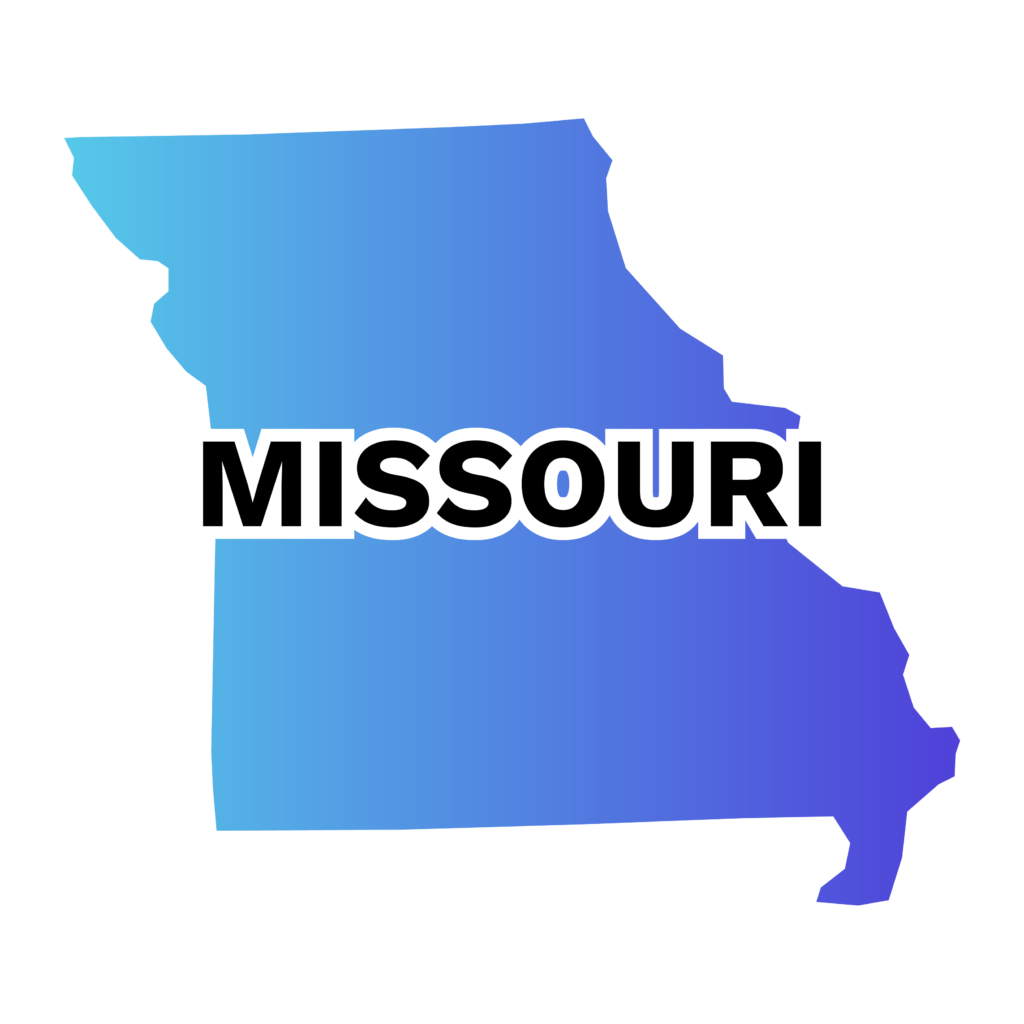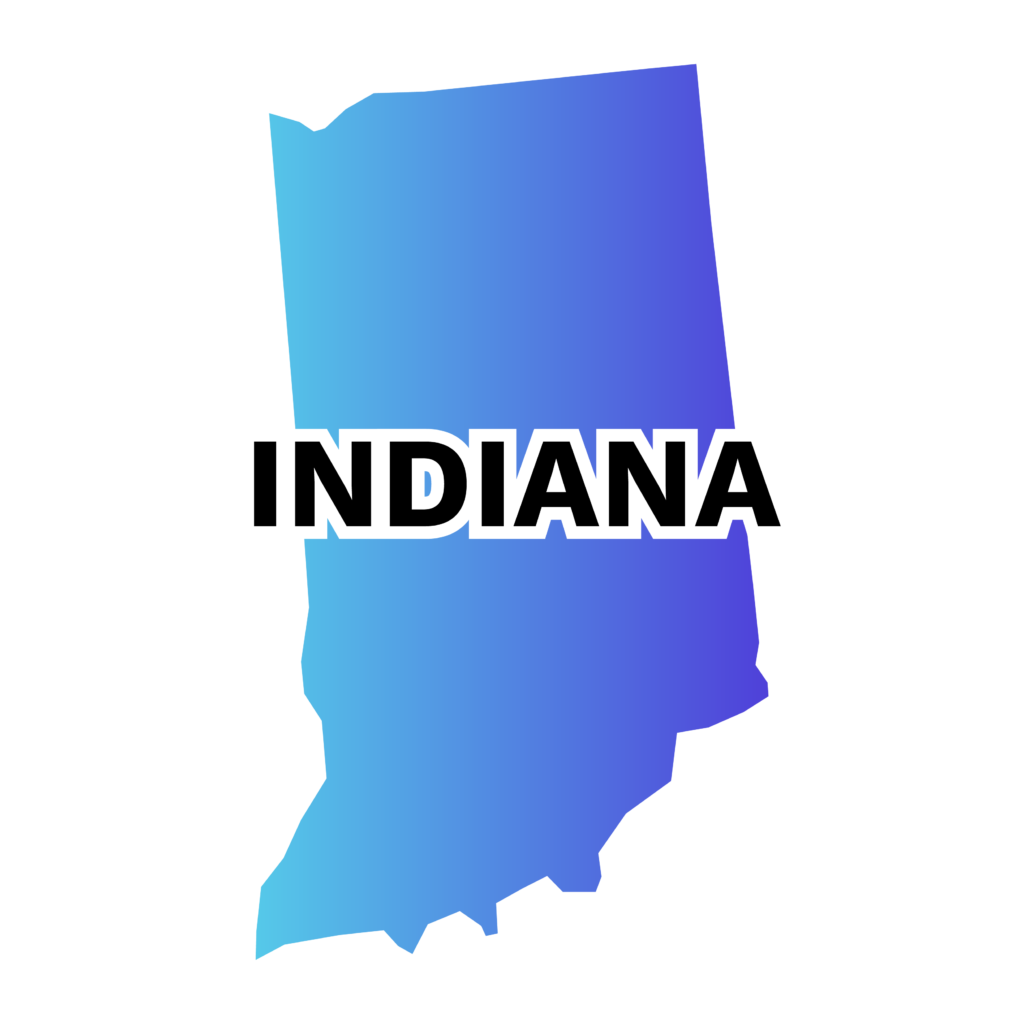As aspiring CPAs in Illinois gear up for their licensure journey, it’s important to recognize the broader context of the accounting profession’s landscape. According to a survey highlighted by the Journal of Accountancy, optimism is on the rise in the business world, with 66% of surveyed CEOs forecasting higher revenue growth and 65% anticipating increased profitability in 2024. This positive outlook suggests it’s a great time to become a CPA!
This guide to Illinois CPA Exam & License Requirements will provide essential information on navigating this promising yet challenging field, offering insights into the educational and experiential pathways, exam preparation strategies, and the evolving demands of the accounting profession.
Steps to Getting an Illinois CPA License
For new candidates seeking CPA certification in Illinois, the Illinois Board of Examiners (ILBOE) outlines a comprehensive process:
- Review Education Requirements: Candidates must hold a degree from an institution recognized by the Board and accredited by CHEA, USDE, or other approved organizations, and have earned 120 semester credit hours. Options for evaluation depend on the degree and its accreditation.
- Open an Online Account: Essential for managing the application and examination process.
- Apply for Credentials Evaluation: Submit your qualifications for assessment to determine eligibility.
- Submit Official Transcripts: Required from every post-secondary institution attended.
- Results Letter: After evaluation, candidates receive an email either approving them to sit for the exam or outlining any deficiencies.
- Initial Exam Request and NASBA Account Setup: Essential steps before scheduling the exam.
- Pay Exam Fees and Schedule Exams: Fees must be paid, and exams are scheduled through Prometric using the Notice to Schedule (NTS).
- Pass All CPA Exam Sections: A critical step in the certification process, this may require getting a CPA review course that fits your budget, learning style and schedule. If you start studying now, you will get a nice jump start on the material and will be better prepared to pass your CPA exam!
- Pass the AICPA Ethics Exam: Submit the completion certificate to the ILBOE.
- Apply for a License: After passing all exam sections and meeting all requirements, apply for licensure at the Illinois Department of Financial and Professional Regulation.
* Note, although currently, CPA exam credits expire after 18 months, this could soon change. According to the Illinois Board of Examiners (ILBOE), the Illinois Board is actively seeking to extend the validity of unexpired CPA exam credits by 30 months, starting from January 1, 2024. This initiative, which requires a rule amendment via the Joint Committee on Administrative Rules in Springfield, is a complex and time-consuming process. Consequently, the ILBOE cannot yet confirm a specific commencement date for this extension. Once the amendment is approved, detailed information will be provided on our website. In the interim, any CPA exam credits that are still valid as of January 1, 2024, will remain so until June 30, 2025.
CPA Exam Requirements for Illinois
The CPA licensure requirements in Illinois are less stringent in certain aspects. This makes Illinois an attractive choice for Canadian candidates, as the state does not require a Social Security Number and accommodates applicants through IQEX. Additionally, Illinois has no minimum age requirement and does not require U.S. or state residency for CPA licensure, further broadening its accessibility to a diverse range of candidates.
Illinois Education Requirements
In Illinois, to sit for the CPA exam, candidates must complete 150 credit hours and meet one of the following criteria:
- Graduate Degree in Accounting: Obtain from a school accredited by AACSB or ACBSP.
- Graduate Degree in Business: From an accredited institution.
- Bachelor’s Degree in Business:
- Accounting courses: 24 credit hours at the undergraduate or graduate level, including financial accounting, auditing, taxation, and managerial accounting.
- Business courses: 24 credit hours at either level.
- General Bachelor Degree:
- Accounting courses: 24 credit hours at the undergraduate or graduate level, with at least one course in financial accounting, auditing, taxation, or managerial accounting.
- Business courses: 24 credit hours at either level.
These requirements ensure that CPA candidates in Illinois have a robust educational background in both accounting and general business studies.
Work Experience Requirements
- 1 year of public accounting experience verified by an active licensed CPA
- Must accumulate experience AFTER passing the CPA exam
In Illinois, CPA licensure requires candidates to complete one year of public accounting experience. This experience must be verified by an active licensed CPA to ensure it aligns with professional standards. Importantly, candidates must accumulate this experience after passing the CPA exam. The work experience is designed to give candidates practical exposure to the accounting field, further solidifying the theoretical knowledge gained during their educational journey. This approach ensures that newly licensed CPAs in Illinois are not only academically prepared but also possess the hands-on experience necessary to excel in the dynamic field of public accounting.
Ethics Exam
- Passing of the AICPA Ethics Exam
In Illinois, CPA candidates are required to pass the AICPA Ethics Exam, an essential component of the CPA licensure process. This exam underscores the importance of ethical standards and professional integrity in the accounting profession. It assesses candidates’ understanding of the AICPA Code of Professional Conduct and their ability to apply ethical principles in various scenarios.
The AICPA Ethics Exam is a critical step in ensuring that all practicing CPAs adhere to the highest standards of ethical behavior, which is crucial for maintaining public trust in the profession. The AICPA Ethics Exam course and corresponding materials are priced at $299, with a discounted rate of $249 available exclusively for AICPA or CIMA members.
Illinois CPA Exam Fees
In Illinois, CPA candidates face a structured fee schedule for the CPA exam application, along with additional charges related to the exam process:
- For one exam section, the fee is $40.
- For two different exam sections, it’s $76.
- For three different exam sections, the cost is $108.
- And for four different exam sections, candidates pay $120.
- Additionally, there is a 3% credit card recovery fee on all transactions.
Candidates are advised to carefully select the number of exam sections they plan to take within a six-month period, as refunds are not offered.
Payment Coupon (PC) Fees
- The approximate cost for a Payment Coupon in Illinois is $299 per exam section. This fee is billed by NASBA for the selected exams on either the Initial examination request or the Re-Examination request. Discounts are given for AICPA, CIMA, and ICPAS members.
- The payment for the PC must be made within 90 days. The date of this payment marks the start of the candidate’s Notice to Schedule (NTS) validity, which lasts for six months from the payment date.
If the PC is not paid within 90 days, it becomes void. Candidates would then need to start anew by submitting a Re-Examination Request through their ILBOE account, along with the required fee. It’s important to note that no refunds are provided for tests on a lapsed Payment Coupon. This fee structure is an essential aspect of the CPA exam process in Illinois, and candidates need to plan their exam schedule and budget accordingly.
Compare CPA Requirements in Illinois to Other States
Illinois offers unique CPA licensure requirements, especially when compared to its neighbors. For instance, unlike Illinois, Indiana requires candidates to have 24 semester hours in accounting at the graduate level or 24 hours at the undergraduate level. Wisconsin, on the other hand, demands 150 semester hours but also requires specific accounting coursework and ethics education.
States like Colorado and Washington share similarities with Illinois in terms of CPA requirements. Both states require 150 semester hours and a specific number of accounting and business courses, akin to Illinois’ standards. However, Colorado differs slightly with its emphasis on ethics courses.
Contrastingly, states like California and New York have more stringent requirements. California requires a minimum of one year of general accounting experience, while New York mandates two years of experience in public accounting. These requirements are significantly different from Illinois, which is more flexible in terms of experience and education pathways.
For a comprehensive overview of CPA requirements by state, including Illinois, visit our detailed guide.
Local Professional CPA Organizations and Networks
Illinois is home to several professional CPA organizations that offer networking, education, and career development opportunities. The Illinois CPA Society, for instance, is a key resource for CPAs in the state, providing industry insights, continuing education, and advocacy. These organizations play a crucial role in supporting the CPA community in Illinois, offering resources and connections that are invaluable for career advancement and professional development.
IL CPA Exam Information and Resources
- Illinois CPA Educational Requirements
- Illinois CPA Exam Application Form
- Illinois CPA Candidate Information
- IL CPA License Application
For more details, please contact:
1120 E Diehl Rd Suite 107
Naperville, IL 60563
Email: help@ilboe.org
Phone: 815-753-8900
Fax: 815-753-8953
FAQs
The fees are structured based on the number of exam sections: $40 for one section, $76 for two, $108 for three, and $120 for four sections. Additionally, there’s a 3% credit card recovery fee.
No, refunds are not offered for the CPA exam application fees in Illinois. It’s crucial to choose the number of exam sections you can realistically take within six months.
A Payment Coupon is NASBA’s bill for the exam sections selected. In Illinois, it’s approximately $225 per section. Payment must be made within 90 days, and this payment date starts the six-month validity of your Notice to Schedule (NTS).
If the PC isn’t paid within 90 days, it’s voided. You’ll need to submit a new Re-Examination Request through your ILBOE account, accompanied by the respective fee. No refunds are given for tests on a lapsed PC.
The specific requirements vary based on the degree and its accreditation. Candidates need to have earned 120 semester credit hours. For a graduate degree in accounting or business, the program must be accredited by AACSB or ACBSP. Alternatively, a baccalaureate degree in any concentration from a recognized institution meets the requirements if the accounting or business department is not accredited by AACSB or ACBSP. Credits from schools without appropriate accreditation are not accepted.
In Illinois, to sit for the CPA exam, candidates must complete 150 credit hours. This can be achieved through a graduate degree in accounting or business from an accredited institution, or a bachelor’s degree with specific accounting and business course requirements.
Yes, Illinois requires candidates to complete one year of public accounting experience, which must be verified by an active licensed CPA. This experience should be accumulated after passing the CPA exam.
Yes, Illinois is one of the states that does not require a Social Security Number for taking the CPA exam. This makes it an attractive option for international candidates, including those from Canada.
Yes, CPA candidates in Illinois are required to pass the AICPA Ethics Exam. This exam assesses the candidate’s understanding of ethical standards and professional integrity in the accounting profession.
Bryce Welker is a regular contributor to Forbes, Inc.com, YEC, and Business Insider. After graduating from San Diego State University, he went on to earn his Certified Public Accountant license and created CrushTheCPAexam.com to share his knowledge from reviewing hundreds of accounting courses while helping thousands of other accountants become CPAs. Bryce was named one of Accounting Today’s “Accountants To Watch” among other accolades. As Seen On Forbes
